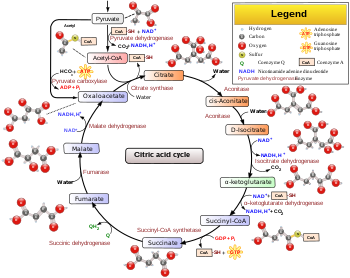Finman
Queen Bee
- Joined
- Nov 8, 2008
- Messages
- 27,887
- Reaction score
- 2,024
- Location
- Finland, Helsinki
- Hive Type
- Langstroth
.
I cannot understand, how energy saving can be the most important in beekeeping.
When I look the entrance, how much bees ventilate on landing board, I can see, do they have warm enough, do they need more wide entrance. If they make cluster, combs are full or hive is full. Humming sound tells, how much they ventilate moisture off, and that they do without me.
I cannot see, what thermodynamic knowledge helps in this.
Beekeeping is simple after all. You learn what that Wild creature is going to do, and you try live according its instincts.
Biggest problem to new beekeeper is, that he cannot anticipate, how fast bees fill the hive, and then swarm escapes. Escaping of energy via mesh floor is not a big issue.
When colony is small and it is food flow, it has not capacity to arrange brood, nectar, pollen and honey. Everything is a mesh when you open the hive.
Is the flow problem? For that we have waited a whole year like for Santa.
.
I cannot understand, how energy saving can be the most important in beekeeping.
When I look the entrance, how much bees ventilate on landing board, I can see, do they have warm enough, do they need more wide entrance. If they make cluster, combs are full or hive is full. Humming sound tells, how much they ventilate moisture off, and that they do without me.
I cannot see, what thermodynamic knowledge helps in this.
Beekeeping is simple after all. You learn what that Wild creature is going to do, and you try live according its instincts.
Biggest problem to new beekeeper is, that he cannot anticipate, how fast bees fill the hive, and then swarm escapes. Escaping of energy via mesh floor is not a big issue.
When colony is small and it is food flow, it has not capacity to arrange brood, nectar, pollen and honey. Everything is a mesh when you open the hive.
Is the flow problem? For that we have waited a whole year like for Santa.
.
Last edited:


















































 so folks, batten down the hatches and insulate seems to be the message on the beekeeping forum... at least until the next post that is................. don't mention matchsticks though
so folks, batten down the hatches and insulate seems to be the message on the beekeeping forum... at least until the next post that is................. don't mention matchsticks though 